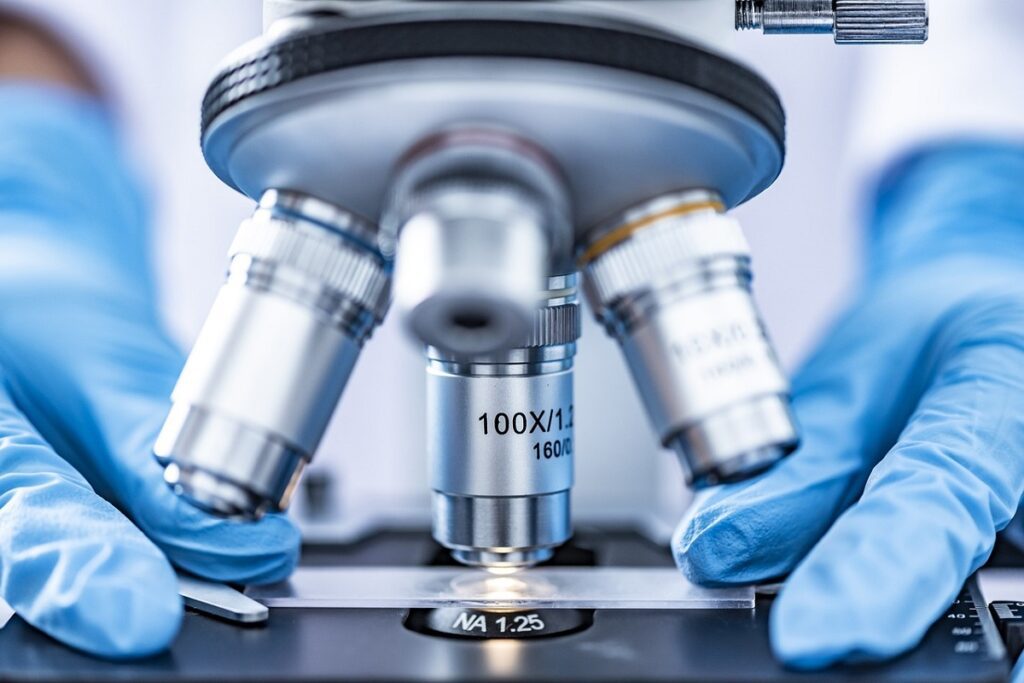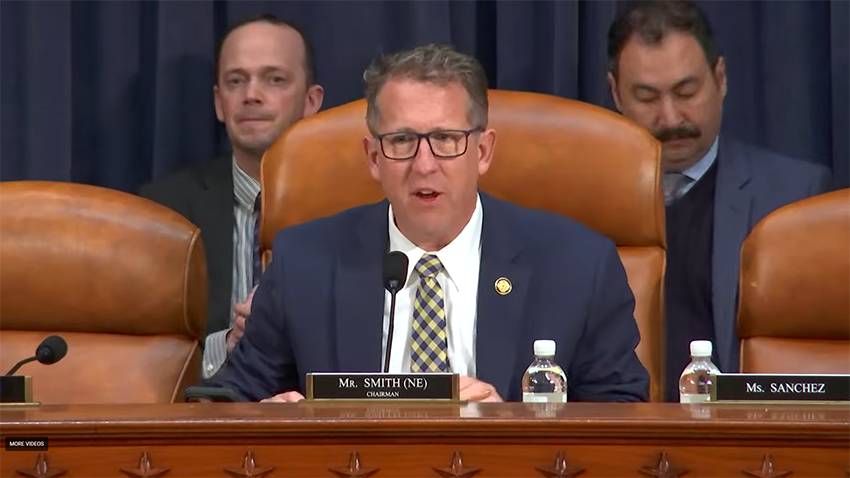BIO member company Ginkgo Bioworks has partnered with the U.S. Intelligence Advanced Research Projects Activity (IARPA) to utilize the company’s synthetic biology technology for rapid detection of biothreats and bioweapons made with genetic engineering, at scale.
“As biological engineering becomes cheaper and more accessible, the U.S. government has doubled down on efforts to detect and prevent both accidental and deliberate threats,” Bloomberg reports. “Through a partnership with the Intelligence Advanced Research Projects Activity, a high-risk research agency within the Office of the Director of National Intelligence, Ginkgo has created software that will help the U.S. determine when biological organisms, such as viruses, plants or animals, have been genetically engineered.”
The specifics
The Intelligence Advanced Research Projects Activity (IARPA), the research and development arm of the U.S. Intelligence community, Ginkgo Bioworks, a leading horizontal platform for cell programming, and Draper, a nonprofit engineering innovation firm, on Wednesday announced the completion of IARPA’s Finding Engineering-Linked Indicators (FELIX) program, according to an announcement.
“Ginkgo developed an initial set of computational tools called ENDAR (Engineered Nucleotide Detection and Ranking) that assist trained analysts to identify genetic engineering in next-generation sequencing (NGS) datasets,” says the announcement.
The announcement also says that “Draper has developed a new experimental platform to help detect and identify when samples include genetically engineered biological systems.”
“Through their work on the FELIX program, Ginkgo and Draper have achieved two major breakthroughs for the biodetection community,” said David A. Markowitz, Program Manager at IARPA. “The ability to detect genetic engineering in complex biological samples has long been a moonshot goal, and these new capabilities are poised to transform national biosecurity efforts.”
The technology
ENDAR tools and methods could provide early alerts to the presence of engineered organisms and help expedite appropriate responses, thereby mitigating adverse consequences, Ginkgo Bioworks says.
“Under the FELIX program, we have developed a device and associated lab and computational methods that are sensitive enough to pick out an engineered organism in a complex environmental background containing millions of natural organisms—the signal-to-noise ratio is a significant improvement over current methods,” said Laura Seaman, Principal Scientist and Machine Intelligence group leader at Draper.
Read More: Biden releases Biodefense Strategy, involving biotech in national defense




